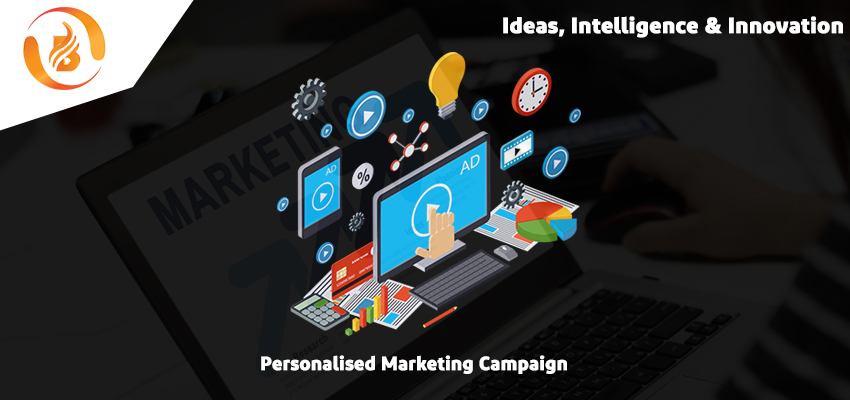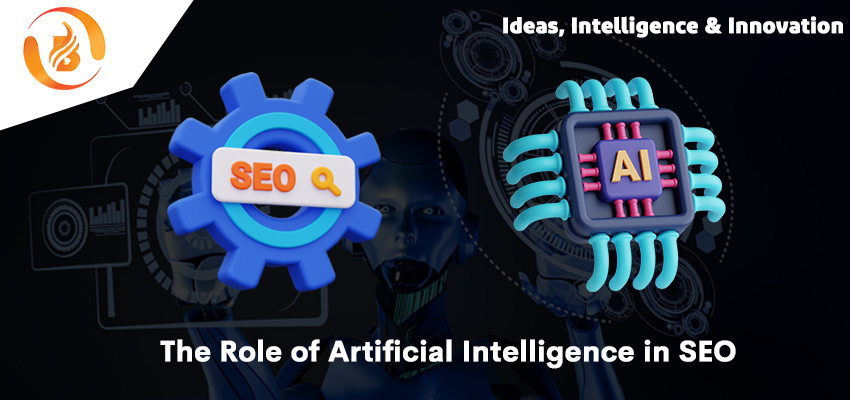In today’s world, AI is not only limited to robots and science fiction, but these cutting-edge technologies strongly influence companies using chatbots and intelligent devices, and digital marketing. Search Engine Optimization has dealt with various strategic changes due to the drastic changes in Google’s algorithm to enhance user experience.
By utilizing Artificial Intelligence in SEO, businesses can efficiently gather precise and up-to-date data on targeted advertisements, assess the quality of existing Content, strategize commercial campaigns, and effectively engage with customers in specific markets.
Google processes more than 40,000 searches per second, and if anyone were to succeed in their business, optimizing the Content is essential to provide exact results during the search.
The integration of Artificial Intelligence (AI) in SEO companies in India has revolutionized the digital marketing landscape, bringing about several significant impacts:
Enhanced Data Collection: AI-powered tools can collect vast amounts of data from various sources, providing businesses with valuable insights and analytics for better decision-making. These data include user behavior, search patterns, and competitor analysis, allowing SEO companies in India to optimize their strategies and improve their website’s performance.
AI creates Superior Content: Google processes billions of search queries daily, with 15% being new and more conversational. To provide accurate results, Google employs artificial algorithms such as RankBrain and BERT to analyze the importance of the search and deliver relevant results. It helps businesses improve their traffic and rankings while offering users precise answers. Google also uses innovative results like rich snippets to respond promptly and reduce the need for further clicks.
Real-time Analysis: AI algorithms can process data in real-time, allowing SEO practitioners to analyze the effectiveness of their strategies and campaigns. It enables prompt adjustments and optimizations for better results.
Keyword research: Keyword research driven by artificial intelligence (AI) involves leveraging AI technology to analyze vast amounts of data and provide insights on relevant and traffic-driving keywords for a website. These tools utilize algorithms to identify trends, patterns, and competitor keywords. The benefits of using AI tools for keyword research include the following:
- More accurate data.
- Faster results.
- Deeper insights into user behavior and search intent.
- A competitive advantage.
- Improved ROI on SEO and PPC campaigns.
Improved Content Optimization: AI can analyze and optimize Content based on search engine algorithms and user behavior, helping businesses create high-quality, relevant, engaging Content that resonates with their target audience. It includes keyword analysis, content generation, and recommendations for better SEO performance. AI can optimize website content for improved search engine rankings by analyzing on-page elements such as title tags, meta descriptions, headings, images, and Content. Leveraging AI for on-page optimization involves analyzing Content for readability, tone, and quality and suggesting changes for relevance and engagement. AI can optimize title tags and meta descriptions for keywords, messaging, and click-through rates. Additionally, AI can analyze image optimization for size, alt tags, and file names and provide recommendations for enhancing the user experience through page speed, layout, and navigation based on user behavior analysis.
Personalized Marketing Campaigns: AI-powered systems can segment and target audiences based on their preferences, behavior, and demographics, allowing businesses to create highly customized marketing campaigns. It enables companies to deliver targeted ads and offers to the right customers, resulting in higher click-through rates and conversion rates.

Enhanced User Experience: AI can analyze user behavior, search patterns, and engagement metrics to optimize the website user experience. It includes improving website navigation, providing personalized recommendations, delivering relevant Content, increasing user satisfaction, and more extended website visits.
Automation and Efficiency: AI can automate repetitive SEO tasks, such as data analysis, content generation, and reporting, saving time and effort for SEO Companies in India. It allows them to focus on more strategic and creative aspects of SEO, leading to increased efficiency and productivity.
In conclusion, integrating AI in SEO has significantly impacted how businesses optimize their online presence, providing data-driven insights, improving content optimization, enabling personalized marketing campaigns, enhancing user experience, and automating repetitive tasks, resulting in improved SEO performance and better business outcomes.
Limitations of AI in SEO
Data Quality: AI algorithms rely on high-quality data to yield real insights. If the data manipulated for examination is sufficient or limited, the AI-powered tool may produce accurate recommendations.
Lack of transparency: AI algorithms are often considered the decision-making process that is only sometimes transparent. It can make understanding how the tool arrived at its recommendations difficult.
Human bias: AI algorithms are introduced on data provided by humans, so the algorithm will also be limited if that data is biased. It can result in discriminatory or inaccurate recommendations.
Overreliance on AI: While AI can provide valuable insights, it is essential to remember that it is a tool, not a replacement for human decision-making. More reliance on AI recommendations can lead to the neglect of critical human considerations.
Privacy concerns: AI tools often rely on user data, which can raise privacy concerns. It is essential to ensure that any data collected is done so transparently and ethically.
Algorithmic bias: As mentioned above, AI algorithms can be biased if trained on limited data. It can lead to discriminatory recommendations and perpetuate existing inequalities.
Job displacement: AI in SEO can lead to job displacement, as some tasks previously done by humans are now automated. It can have negative social and economic impacts, especially for workers in industries highly reliant on SEO.
Misuse of data: AI-powered SEO tools can provide insights into user behavior and preferences. However, using this data ethically and not for purposes that could harm users or violate their rights is essential.
Visit us at: www.biovustechnologies.com







